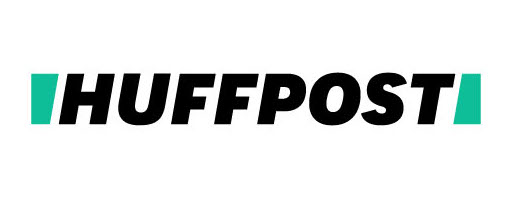Sanitation in Mathare
There is no formal garbage collection or disposal system in the slum. As an “informal settlement”, there is no formal anything in the slum, with the entire area appearing as blank space on official maps. The lack of garbage collection means that the ground is layered in garbage, of all kinds. It piles alongside the main road, into the river, and becomes a feeding ground for goats, chickens, and stray dogs. Aside from the obvious and serious health concerns, the odor quickly becomes unbearable in the hot sun.
Perhaps the most severe sanitation issue in Mathare is the complete lack of toilets. In recent years, local MPs have built several latrine stations, but residents must pay to use them. That’s right, each time they need to use the toilet, its going to cost them 5KSH.
“I have four children, how am I supposed to pay for them to go to the bathroom so many times every day? I only make about 100KSH. It is not possible.” – mother in Mathare.
The Nairobi River runs through the middle of the slum, and has become a dumping ground for ‘flying toilets’ and garbage alike. The water is a muddy brown, and yet people still wade through it to search for plastic or bits of metal that could be reused.
Did you know that it costs 5KSH for residents to use public latrines in Mathare?
The issue of sanitation may be the most pressing issue faced by residents of Mathare, and it must be addressed immediately. To ignore the lack of toilets, water sources, and garbage disposal methods is to ignore their right to a life lived with dignity. Not only does the lack of sanitation create severe health problems, but it makes daily life that much more difficult.
Sabrina Rubli











